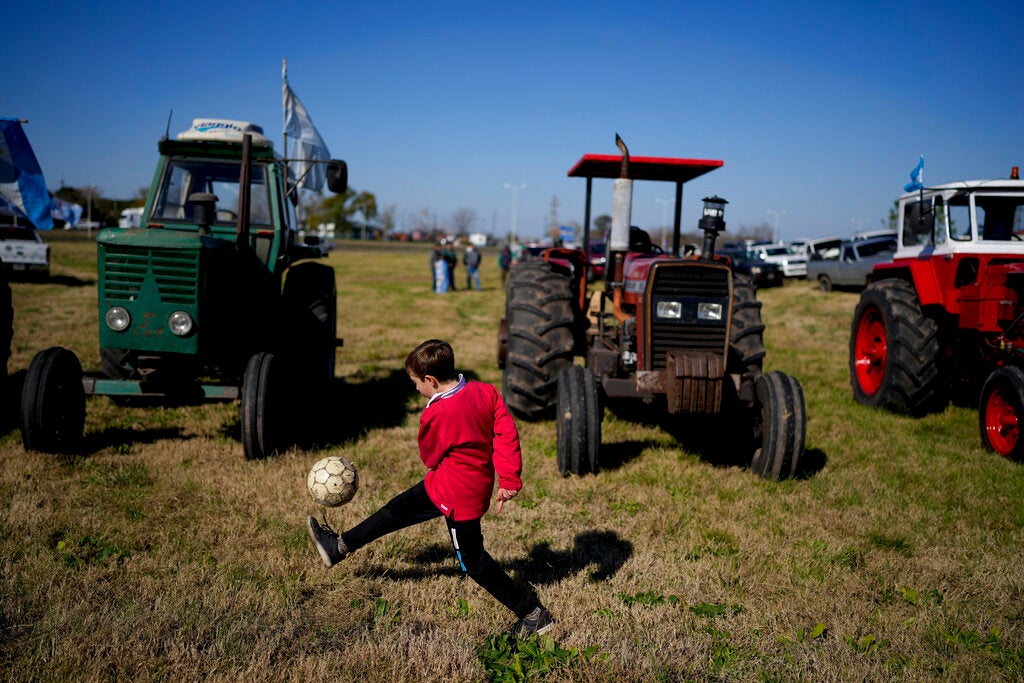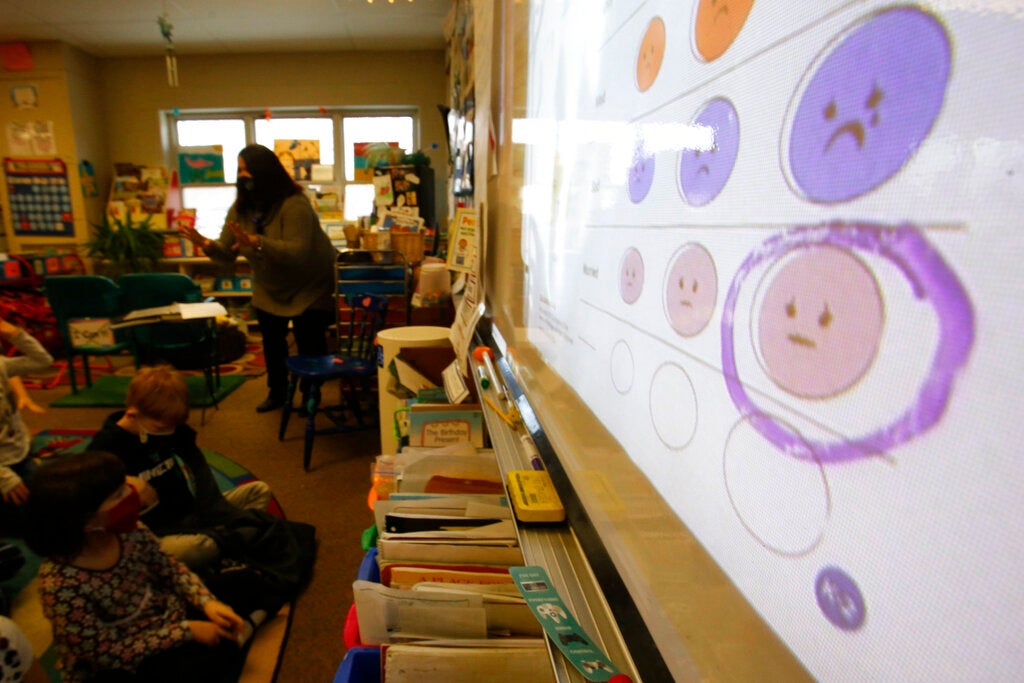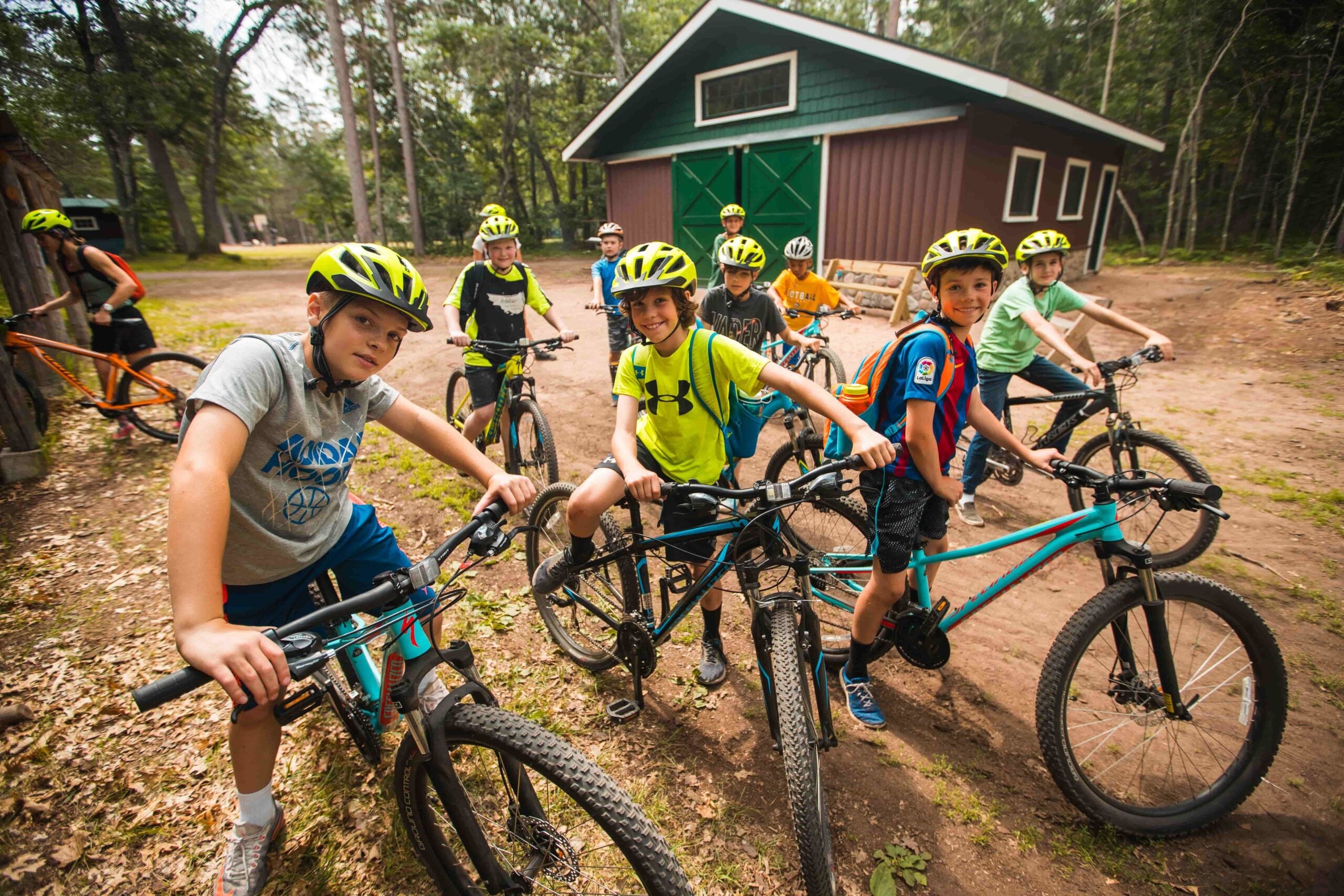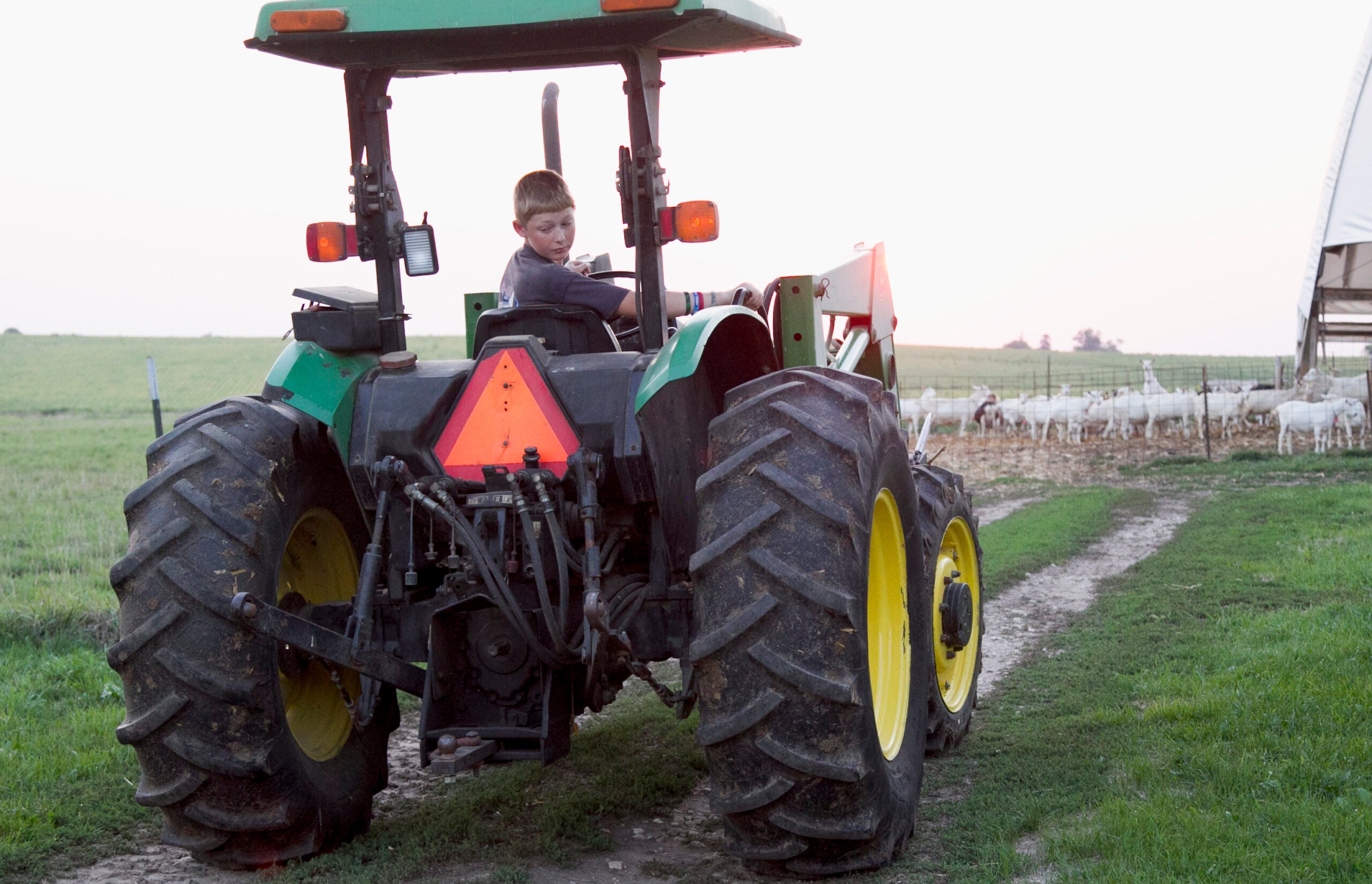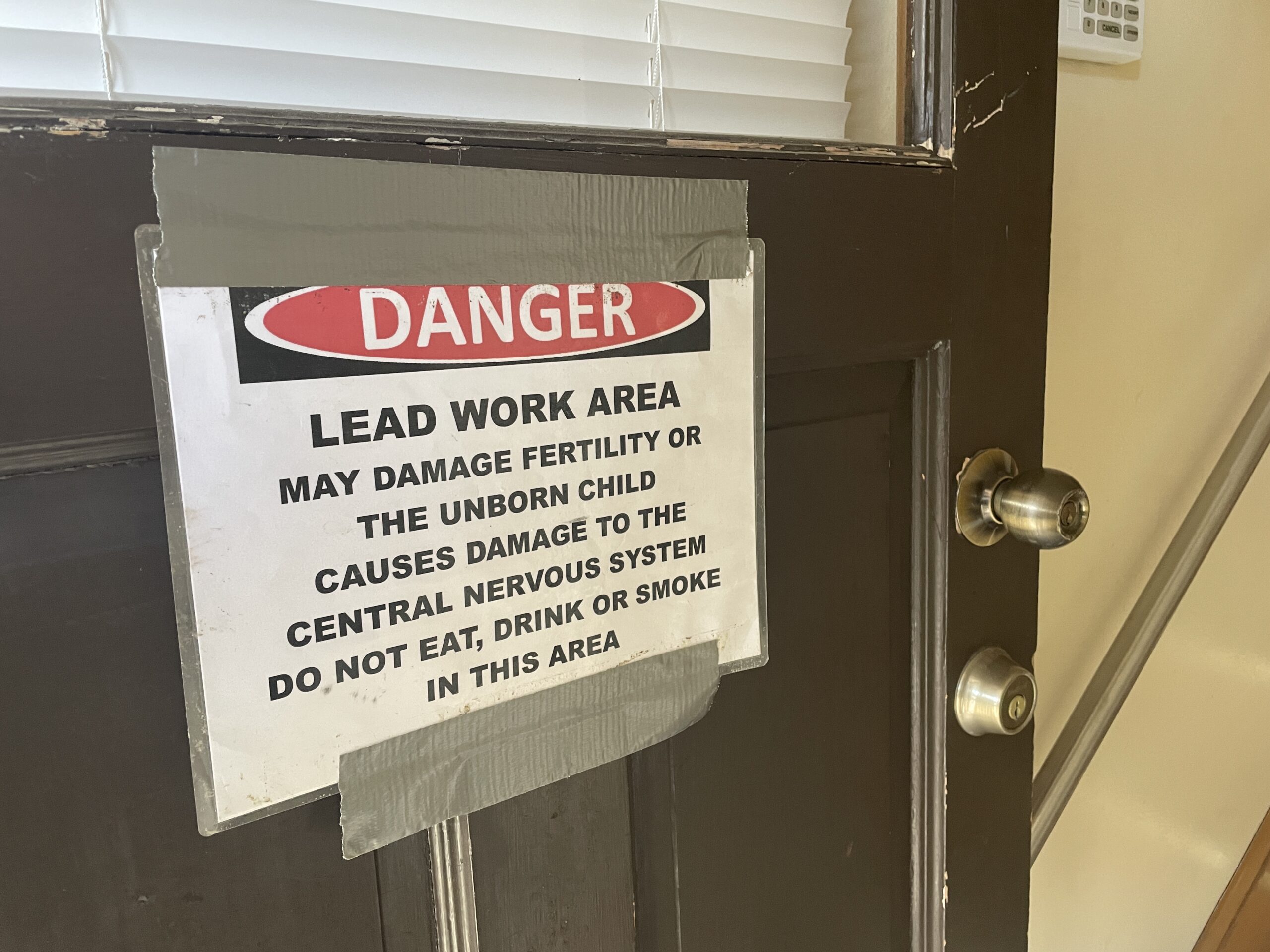The death of an 8-year-old on a Wisconsin farm recently made headlines across the state after a ProPublica investigation revealed police had missed key details in how the child died.
The investigation spurred reaction from state and local authorities, and renewed awareness of the risks that children face on farms.
“What we have to keep in mind is that agriculture in and of itself is one of the most dangerous occupations in the country,” said Barbara Lee, director of the National Children’s Center for Rural and Agricultural Health and Safety. “Putting any child into a dangerous work situation can lead to a traumatic event.”
News with a little more humanity
WPR’s “Wisconsin Today” newsletter keeps you connected to the state you love without feeling overwhelmed. No paywall. No agenda. No corporate filter.
The Marshfield-based center estimates about 33 children are injured on farms every day and a child dies on a farm every three days. Lee recently spoke with Wisconsin Public Radio’s “The Morning Show” and offered advice for how to keep children safe on farms.
This interview has been edited for clarity and brevity.
Kate Archer Kent: When you discuss typical scenarios, what are some things that seem to come up over and over?
Barbara Lee: I’ve been reading these news clippings and hearing stories for over 30 years. If you ask me, the most common scenario is a father or a grandfather taking a young child on a tractor. They’re an extra rider on the tractor, or it’s a joyride, or they’re there because they don’t have any other child care. Something happens — the tractor hits a bump, a curb or a ditch — and the child falls out and is run over. Even a tractor cab is not a safe place for a child.
KAK: How accessible are farm and tractor safety courses across Wisconsin?
BL: Unfortunately, they’re less accessible than there used to be. Part of that is funding. Part of that is demand.
We do have a number of resources online available. Our own center has a website called cultivatesafety.org that has multiple guidelines for children’s work, different types of work, guidelines for developing safe play areas on farms and a lot of other information. There’s also safety day events and certainly the tractor certification course that the state tries to provide for kids starting at the age of 12.
KAK: What might a safe play area on a farm be like?
BL: Just imagine a yard next to the house that has a nice fenced area. We recommend that you use some of the farming things like a calf hutch or a tire for a sandbox.
An important part is a place for the adults to sit so there can be adults — maybe sitting and folding laundry or something outside on the picnic table — while the kids are playing in that enclosed area.
The biggest recommendation we always have is a physical barrier between the child and the dangerous work area or the driveway.
KAK: How should chemicals on the farm be locked up or stored?
BL: You could think of it like a loaded firearm. How do you keep that away from children so that they don’t have access to it? Then you limit the number of people who actually have access to chemicals.
KAK: How common are child injuries or deaths on farms?
BL: There’s really no official numbers for the United States. We used to get information from the government on injuries and deaths on farms, but those systems no longer collect data.
What we know is that, on average, there’s about 100 deaths on farms across the country and about four of those happen in Wisconsin each year. … It’s most surprising to people that about two-thirds, and sometimes more than that, of the children who are killed on farms are not working. These are little kids who just happened to be in a very dangerous work situation.
KAK: There are children working on farms and children living on them. When you look at these injuries, is one group of children more at risk?
BL: Definitely the numbers would show that it’s the little children 7 and under. Just in Wisconsin in the last few years, most of the children who are killed were around 2 years old or 4 years old. Again, these are people who are not contributing to the work and they should just be in a better place.
At the same time, I think it’s important for us to acknowledge that farming is a wonderful place for kids to grow up. Parents want their kids to get acquainted with the farm environment. The question is, how can they do that safely so that a child who has a great opportunity to grow up on a farm also has a chance to be healthy and safe and enjoy the best that farming can give them?
KAK: Family farms are exempt from child labor restrictions that are enforced by federal authorities. Children of any age can work on the farm with no restrictions on the number of hours they work. Should there be tighter regulations?
BL: I’m not sure that’s possible. We would definitely like to see the list of hazardous occupation orders updated. (The orders currently limit the ages) for kids working in other industries such as operating machinery or handling chemicals. We think that those ages should be the same whether you’re in agriculture or construction or mining.
But in terms of regulations for kids working on family farms, I just don’t see that happening because it would just be extremely hard to enforce.
However, the one thing that I think we’ve been remiss on is following up with legal consequences for when there’s unsafe or reckless behavior. We know a number of cases where a child dies and people are just goofing off or somebody is intoxicated and taking a child for a joyride on a tractor. In those types of cases, I think it’s important that the legal system does get involved and look at is this some kind of gross negligence or reckless endangerment of the child. Then follow up in order to really ensure that that farm does not become the site of future tragedies for kids.
Wisconsin Public Radio, © Copyright 2025, Board of Regents of the University of Wisconsin System and Wisconsin Educational Communications Board.

